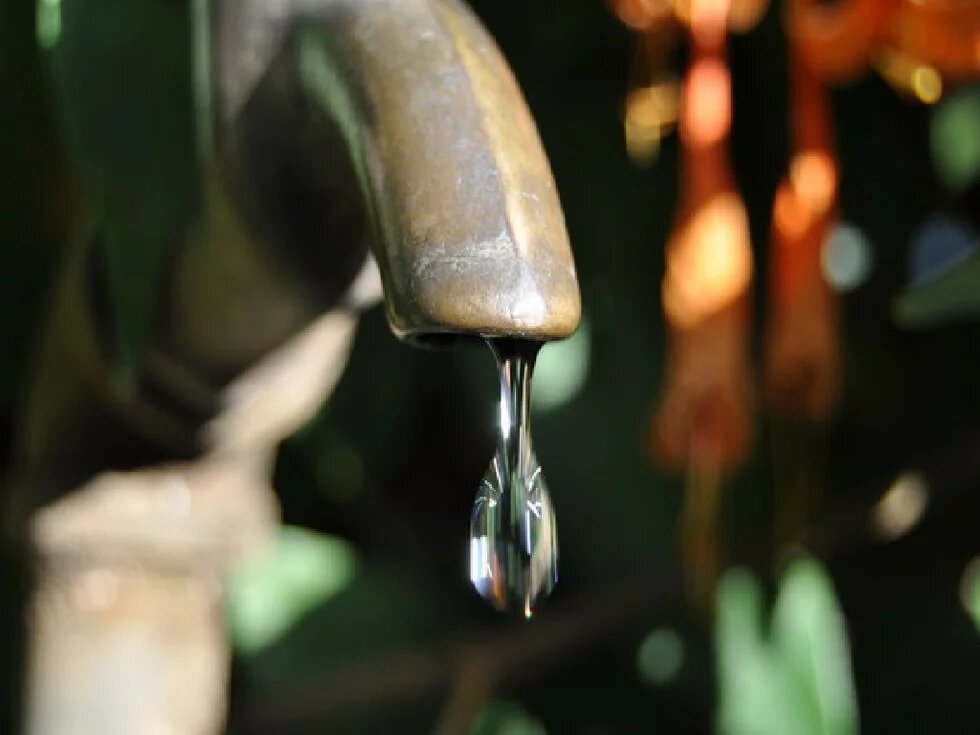
Emerging powers have taken leadership to expand financing for infrastructure. The BRICS’ national development banks and their New Development Bank (NDB) focus significantly on infrastructure. At the same time, traditional institutions (e.g., the World Bank and associated regional development banks) are boosting their infrastructure operations to get a “share of the pie”.
Behind these initiatives, the Group of 20 (G20) - which comprises all the major stakeholders of development finance - has worked with its members and various institutions to shape a “new model” for financing infrastructure development. Although much of the money will still need to come from the public sector, the emerging global consensus would plug the funding gap by tapping into private capital.
Accordingly, the new model
(1) promotes the creation of an enabling environment to attract and protect the interests of private investors into public-private-partnerships (PPPs);
(2) heavily relies on mega-projects that, despite their history of major cost and time overruns, generally delight politicians, contractors, consultants, bankers, lawyers and developers;
(3) extensively uses new and existing project preparation facilities (PPFs) to prepare and fill pipelines of “bankable projects” in each geographical region; and most importantly
(4) seeks to tap into the estimated USD 84 trillion held by institutional investors (i.e. pension funds, insurers and sovereign wealth funds) whose investment risks are to be offset by public institutions through fiscal incentives, guarantees and other contingent liabilities. Global leaders – from the Secretary-General of the United Nations to the President of the World Bank – tout the unlocking of these trillions of dollars as a kind of “magic bullet” for development and growth.
It is in light of these that the Heinrich-Boell-Foundation’s Regional Office organised the so-called Winter School on Infrastructure Investment and Development in Africa. The 3-day event held in Johannesburg, South Africa on 19th – 21st August 2015, targeted scholars, researchers, members of civil society and other groups with an interest in infrastructure development.
Dr. Collins Odote, a Senior lecturer at the University of Nairobi, was a participant. He authored the following article on the event, which was published on Business Daily - Sunday, August 23rd 2015
Global discussions regarding Africa have over the last two years changed from regarding it as a dark continent to the next frontier for growth and expansion.
What has led to this “Africa Rising” narrative? Is it true? Are we prepared for it? Who will benefit?



